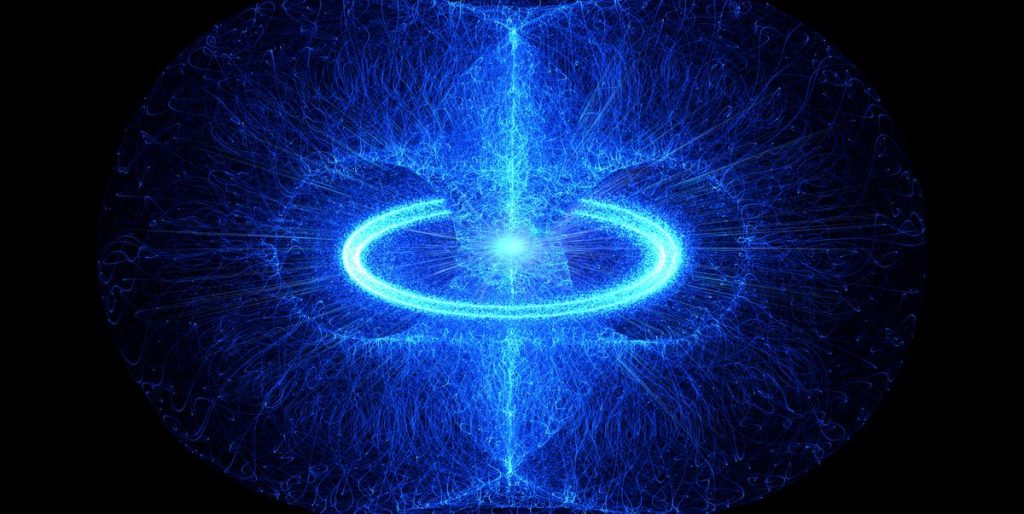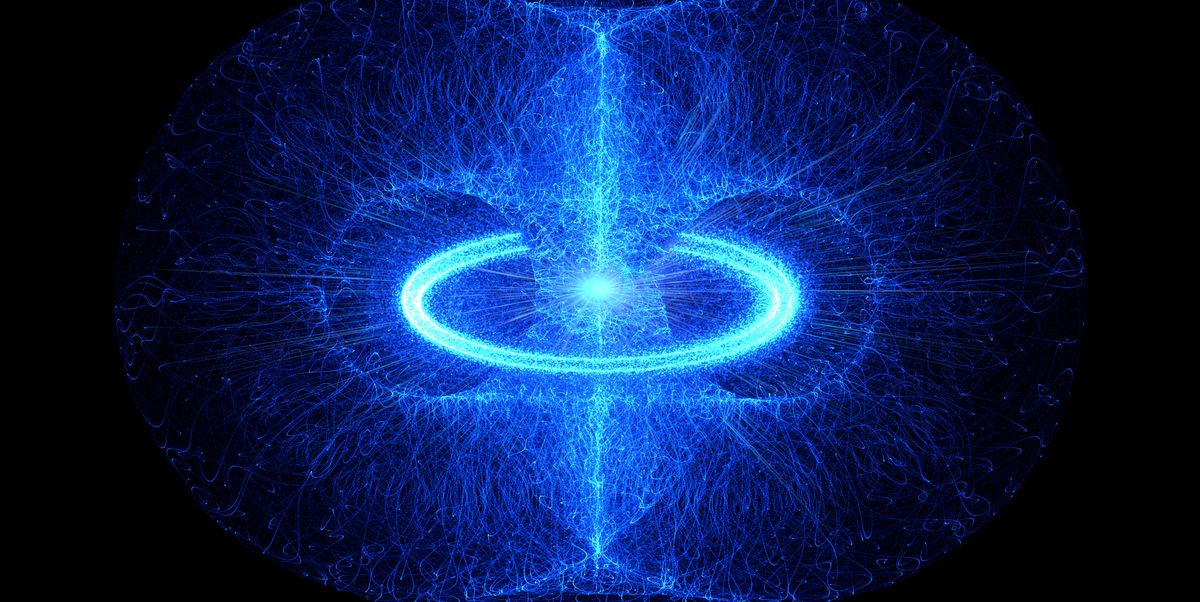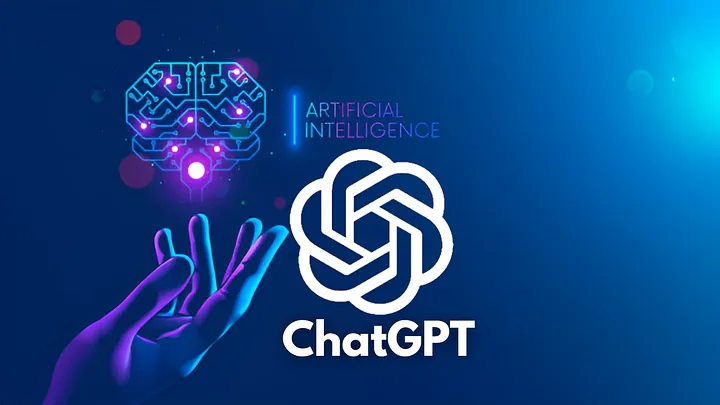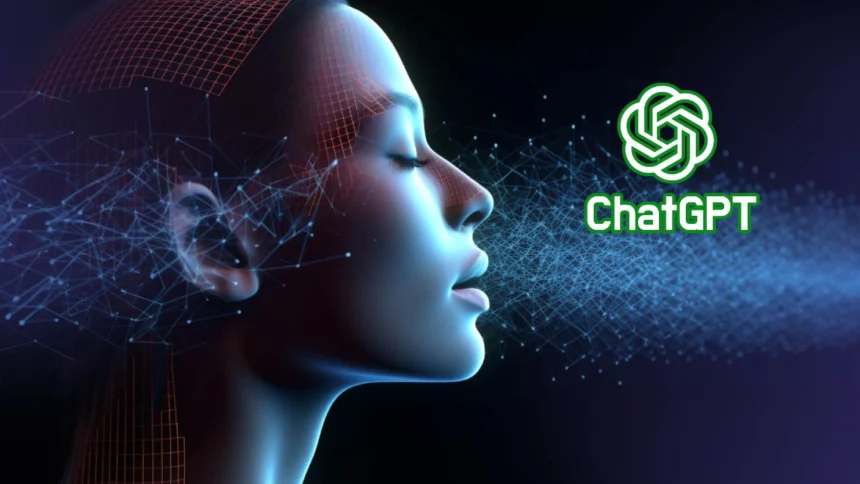Sam Altman: OpenAI now seeks the ‘holy grail’ of clean energy.

A revolutionary advancement in nuclear fusion is essential to meet the extensive energy demands of future artificial intelligence, as asserted by Sam Altman, the head of OpenAI.
Sam Altman, the creator of ChatGPT, manages an enormous volume of daily queries, estimated to consume approximately 1 gigawatt-hour (GWh) each day. This energy consumption is equivalent to the needs of approximately 33,000 households in the United States.
With the continuous enhancement and growing popularity of generative AI tools like ChatGPT, the anticipated surge in energy consumption is a pressing concern for the years to come.
“We need a big breakthrough,” said Altman at a Bloomberg event in Davos. “It’s pushing us to invest more in fusion.”
Nuclear fusion, often referred to as the “holy grail” of clean energy, holds the promise of virtually limitless power by emulating the natural processes that occur in the Sun.
There have been several breakthroughs in recent years, with the most significant being the first-ever fusion ignition at the Lawrence Livermore National Laboratory (LLNL) in 2022. This achievement marked a net energy gain using nuclear fusion, and the lab has successfully repeated this feat.
Despite these developments, the commercialization of nuclear fusion at a significant scale remains a long way off. Many challenges and complexities need to be addressed before nuclear fusion can be harnessed as a reliable and widespread source of clean energy. The journey toward achieving this ambitious goal continues, fueled by the recognition of nuclear fusion’s potential to revolutionize our approach to sustainable and abundant energy.
Mr. Altman has committed a personal investment of $375 million in Helion Energy, a U.S.-based nuclear fusion company. Helion Energy is working towards achieving commercial-scale electricity production using next-generation nuclear fusion technology by the year 2028.
In a significant milestone, Helion Energy secured the world’s first purchase agreement for nuclear fusion energy last year, aligning with Microsoft’s commitment to transition to clean energy sources by the end of the decade.
Given that OpenAI currently relies on Microsoft’s servers and computing resources to power its artificial intelligence tools, the success of Helion Energy in achieving commercial-scale nuclear energy production could have positive implications for OpenAI’s operations.



